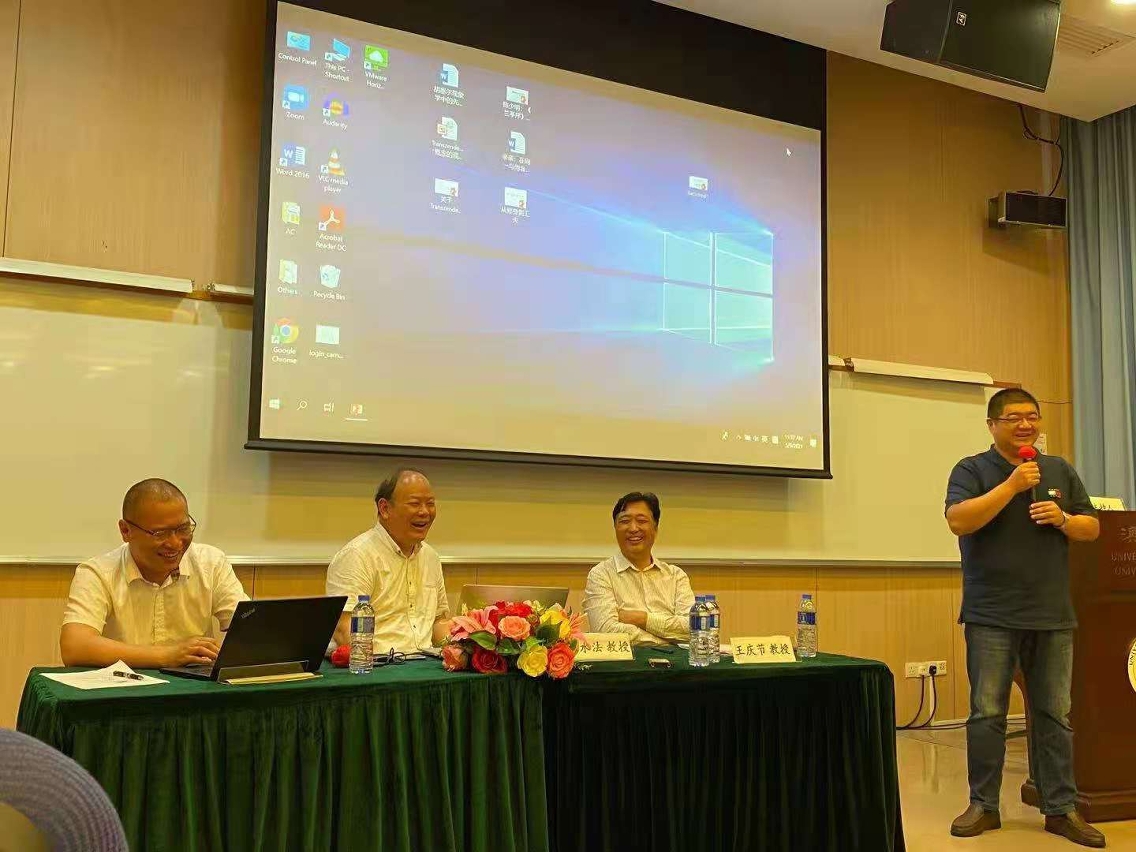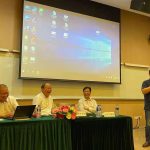 UM holds a roundtable meeting on the problem of transcendence in phenomenology and Chinese philosophy
UM holds a roundtable meeting on the problem of transcendence in phenomenology and Chinese philosophy
The Department of Philosophy and Religious Studies, Faculty of Arts and Humanities, University of Macau (UM), and the Departments of Philosophy at Sun Yat-Sen University’s Guangzhou and Zhuhai campuses, jointly held an event titled ‘Macau Roundtable on the Problem of Transcendence in Phenomenology and Chinese Philosophy’. Scholars of UM, Sun Yat-sen University, Peking University, Fudan University, Nanjing University, and Zhejiang University attended the meeting
Prof Billy So, vice rector (student affairs) of UM, delivered a welcome speech. Prof Zhang Wei, head of the Department of Philosophy at Sun Yat-Sen University (Guangzhou Campus), Prof Chen Jianhong, head of the Department of Philosophy at Sun Yat-Sen University (Zhuhai Campus), and UM professor Wang Qingjie all delivered speeches. They expressed the hope to strengthen exchange and cooperation among major universities in the Greater Bay Area in the study of philosophy and religion.
The forum began with a discussion of the concept of ‘transcendental’ from the perspective of phenomenological philosophy. On the basis of the theories of Kant, Husserl, and phenomenology, participants analysed the concepts of ‘transcendent’ and ‘transcendental’, as well as other related key terms. They also discussed the different Chinese translations of these concepts, how these translations have been adopted in China, and issues related to the concept of ‘transcendence as immanence’ in Chinese philosophy, such as the Chinese understanding of the concepts: ‘classics’, ‘family’, and ‘self-cultivation’ as a ‘moral kung fu’, as well as eternal meaningful life, and post-comparative philosophy.


